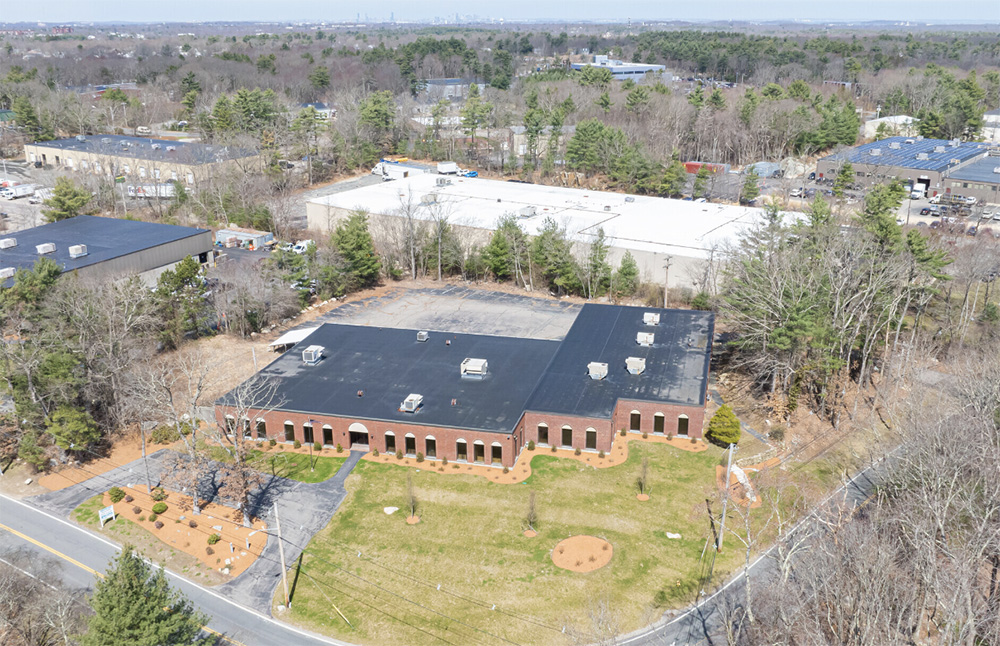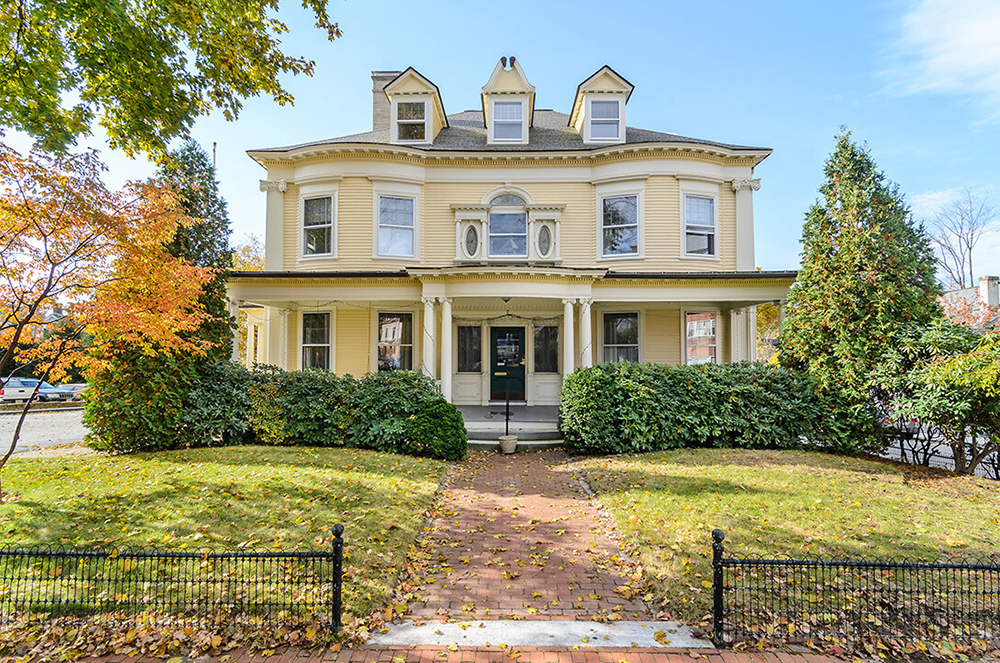It’s time to get creative with closed college campuses - by Christian Koulichkov

Facing higher costs, shrinking enrollments, reduced state funding and severe demographic headwinds, many colleges and universities in New England and the Northeast are fighting for survival. The latest to lose the battle is the 150+ year old University of the Arts in Philadelphia, which announced on June 2nd that it would be closing its doors.
From a real estate standpoint, after a school downsizes or closes the tough-to-answer question immediately emerges – what to do with the excess buildings and centrally located, multi-acre campuses that remain?
In earlier eras, the seller and its real estate representatives had a better chance of finding a like-kind educational user to buy the entire campus. Today, the struggles in higher education require more creative thinking, marketing, and experience to drive value for the real estate to benefit trustees and/or creditors.
Taking a page from office
The office sector provides a potential model for how colleges, communities and opportunistic investors can move forward.
Post pandemic, public officials and real estate stakeholders have zeroed-in on the need to adaptively reuse distressed offices and other commercial properties. One example is the launch this past spring of Mass Housing’s Commercial Conversion Initiative. It offers municipalities “a suite of planning services that will accelerate the reuse and redevelopment of underutilized commercial buildings” in the state (for example, turning a dark office tower into a multifamily residential building).
Similarly, boards of trustees, lenders, municipal officials, community groups and real estate advisors should consider collaborating to find adaptive solutions for shuttered or downsized campuses. In fact, adaptive solutions for educational real estate are already emerging.
Last year, the New York State Police Auxiliary Academy agreed to lease the 200-year-old campus of Cazenovia College about 20 miles from Syracuse. The closed school’s 27-acre, 14-parcel main campus and large athletic complex now serve as a multifaceted training center to comply with the governor’s mandate to replenish the ranks of the NYSP. The campus was an economic driver for Cazenovia, and with the lease in place dozens of college workers were retained or rehired.
Other schools are repurposing their real estate after downsizing, rather than shuttering, their operations. In Maine, for example, nonprofit Unity Environmental University has attracted multiple adaptive use buyers for its original 225-acre campus at 90 Quaker Hill Rd. in the town of Unity. The school (formerly known as Unity College), moved to New Gloucester after successfully shifting to remote and low-residence education.
There are good opportunities for real estate investors here with acquisition costs well below replacement costs. Large, rural college campuses can be strong candidates for things like senior housing, corporate or religious retreats, or rehab centers. In urban markets, the reuse of schools’ excess residence halls, single-family homes, warehouses, and undeveloped land parcels can yield solid ROI even with retrofit costs factored in.
But as with office-to-residential conversions, community-engagement is key. Sellers, investors and their third-party real estate advisors need to communicate and collaborate extensively with public officials and other parties. Zoning changes and building upgrades might be required to make creative solutions viable. Maybe the municipality never planned for what would follow if the campus were to close, for example, or the institution itself actually predates any zoning ordinance master plan, necessitating a review.
Need for patience
In-depth real estate analysis and evaluation, including detailed reports on potential new uses and/or users, can help sellers develop the right marketing strategy for the educational real estate on offer. Patience helps, too. It is one thing to sell a triple-net lease drugstore on Main & Main to a 1031 Exchange investor within an expected cap rate range. It is another to secure a new user, as well as full community approval, for a centuries-old college campus with acres of real estate and dozens of buildings that never predicted another use. The complexity of the college’s debt can also greatly affect the marketability and the timing of a sale. When possible a careful and measured approach is key to unlocking the highest value of the real estate.
It also requires imagination. The new buyer of that bucolic New England campus could end up being quite a surprise, so stay open to unusual possibilities. One college campus sold in bankruptcy to the Freemasons, who turned it into senior housing, community space and a film set. And who could have imagined that the ultimate lessee of Cazenovia College would be the New York State Police?
Christian Koulichkov is senior managing director at A&G Real Estate Partners, Boston, Mass.
McEvoy of The Conrad Group brokers $2.9 million sale of industrial building


5 Questions to ask when choosing a real estate broker - by Elizabeth Perez Barlett

The doctor is in: How medical leases differ from retail and office spaces - by Brian Cafferty

Investing in a falling rate environment - by Harrison Klein









